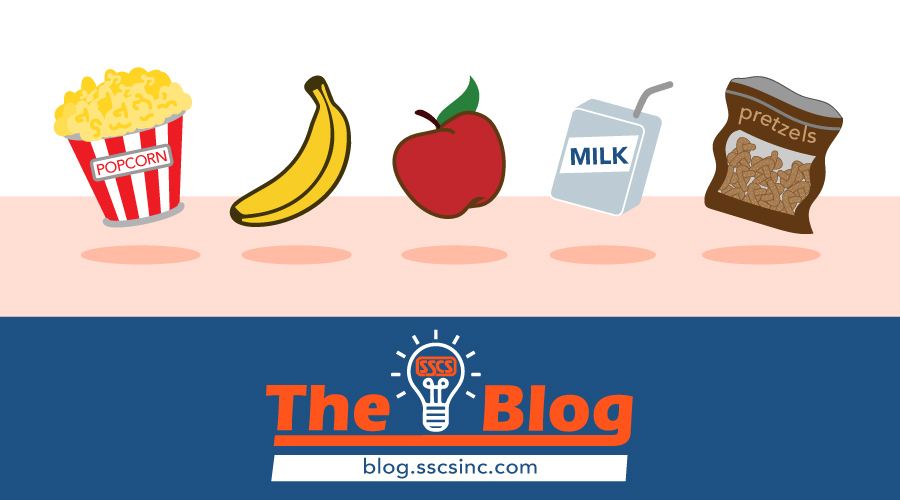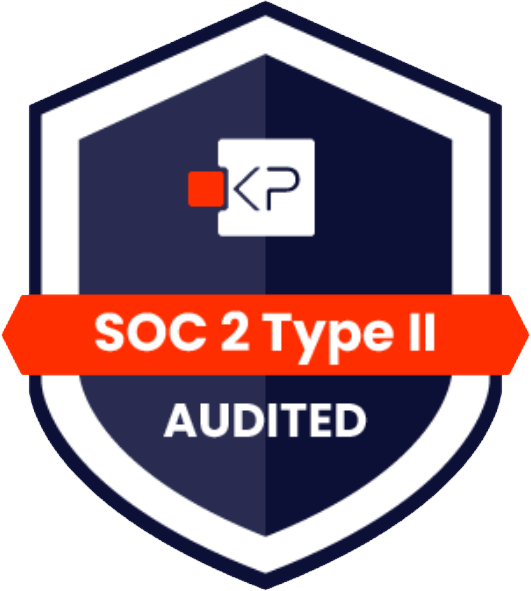
The Advantages of Adding Fresh Food
Increasingly consumers are looking toward c-stores as sources for fresh food, providing another solid option for market differentiation.
As the c-store market has changed, and emphasis has moved from primarily fuel to food and other merchandise, operators have found themselves with about as many options for market differentiation as there are varieties of food. (For an NACS-authored synopsis of the industry’s history from the beginning, click here.)
As a result, some operators have significantly upped their food game to tap into growing consumer demand for healthy things to eat, which has actually allowed some operators to seriously compete in other retail food channels such as Quick Serve and perhaps most impressively, Fast Casual.
As a result, some operators have significantly upped their food game to tap into growing consumer demand for healthy things to eat, which has actually allowed some operators to seriously compete in other retail food channels such as Quick Serve and perhaps most impressively, Fast Casual.
Though the concept of Foodservice (yes, it’s one word) applies to all types of food offerings, it has meshed nicely with the transition to fresh food, whether it be breakfast burritos, in-house delicatessens, hot tables, or, well, you name it. Here are a few stories that flesh out this trend:
- Convenience Store Decisions presents the State of Foodservice in the C-store Industry, 2021.
- CSP Daily News weighs in on the five healthiest convenience store chains.
- TXB, formerly Quick Chek, goes all in on foodservice in the grand opening of a palatial flagship store.
- Kum and Go rolled out a new fresh food program this month.
- An article that covers how c-stores providing fresh choices can transform areas underserved by healthy food options.
Of course, offering fresh food options adds considerable complexity to the tracking of profit and loss, as the variables that go into profitability assessment are many. An open face hot turkey sandwich and gravy may look, taste and sell great, but are you making enough on the meat, the bread, even the gravy? What about the plate it is served on?
When the components of an assembled retail item are present in such minuscule amounts, stores committed to tracking profitability on a by-item basis are challenged. It is virtually impossible to assign the right cost and price for each—manually, that is. Add technology to the mix, however, and it becomes possible to provide the incremental cost management that Foodservice requires, with a healthy helping of other benefits, like historical tracking to show you, in black and white, the sales performance of what you’re offering.
SSCS has been a leader in foodservice technology for over a decade. We worked closely with our customers when we designed this module of the Computerized Daily Book, and our Food Service Manager can help operators gain precision inventory and cost control over ingredient portions, ideal food yield, and tracking variances that may indicate waste, spoilage, or theft.
If this sounds interesting to you, and you would like to know more, please call SSCS at 1-800-972-7727 and ask for Sales.






Leave A Comment